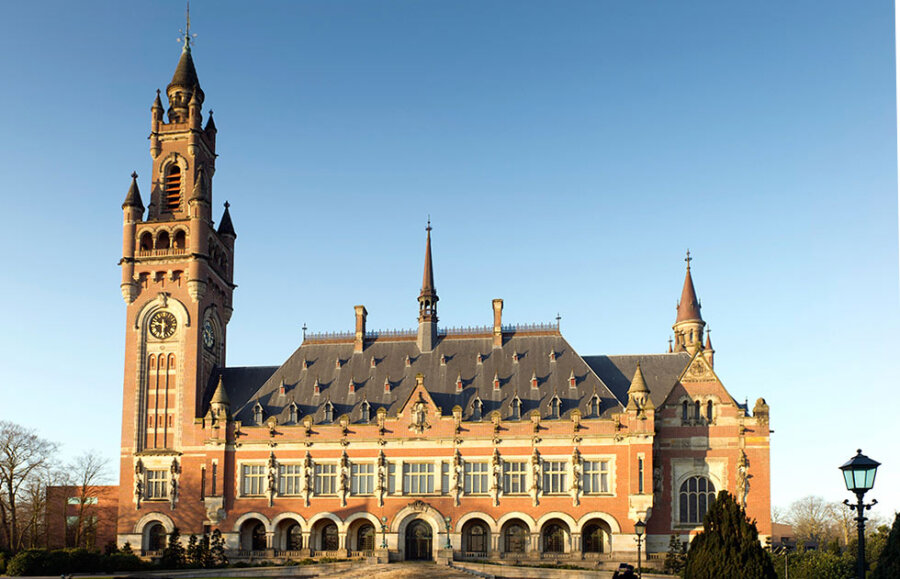The International Court of Justice (ICJ) held three days of public hearings, to consider a request for an advisory opinion on a fundamental question of international labor law: whether the right to strike is protected under the International Labour Organization's (ILO) Convention No. 87 on Freedom of Association and Protection of the Right to Organise. The case was brought to the world's highest court by the ILO's Governing Body in 2023 to resolve a long-standing and contentious interpretive dispute between the ILO's worker and employer groups. For decades, the ILO's supervisory bodies have consistently interpreted Convention No. 87 as implicitly protecting the right to strike as an essential corollary to the right to organize. However, this interpretation has been persistently challenged by the Employers' Group within the ILO, which argues that since the right to strike is not explicitly mentioned in the text of the 1948 convention, it cannot be considered an internationally protected right under that instrument.
The hearings in The Hague provided a forum for states, as well as international workers' and employers' organizations, to present their legal arguments to the court. The ICJ's advisory opinion, which is expected in the coming months, will not be legally binding on states in the same way as a contentious judgment. However, it will carry immense legal and moral authority and is expected to provide a definitive interpretation of Convention No. 87. A ruling that affirms the right to strike would provide a powerful legal tool for trade unions and workers' rights advocates around the world, reinforcing the legitimacy of industrial action as a fundamental human right. The court's deliberation will now begin, with its opinion set to be a landmark moment in the history of international labor law.



